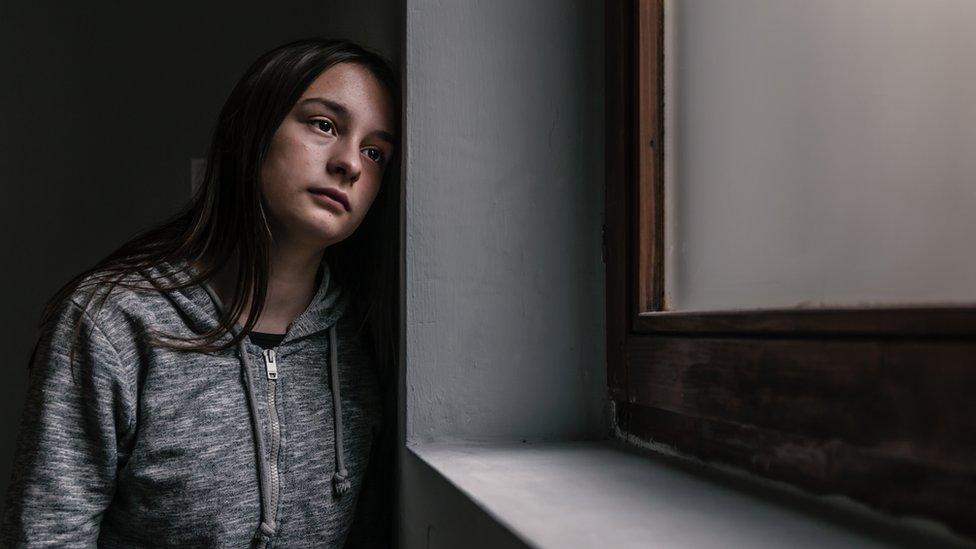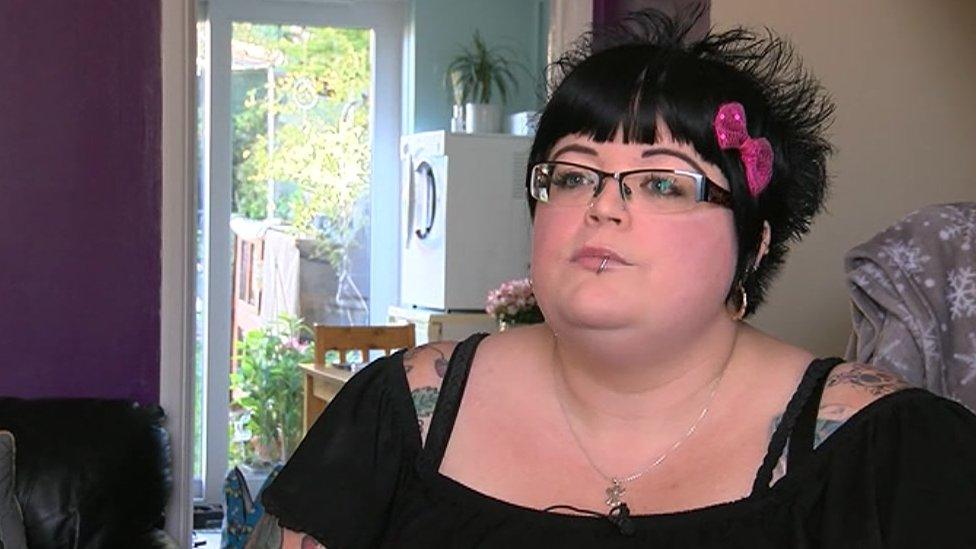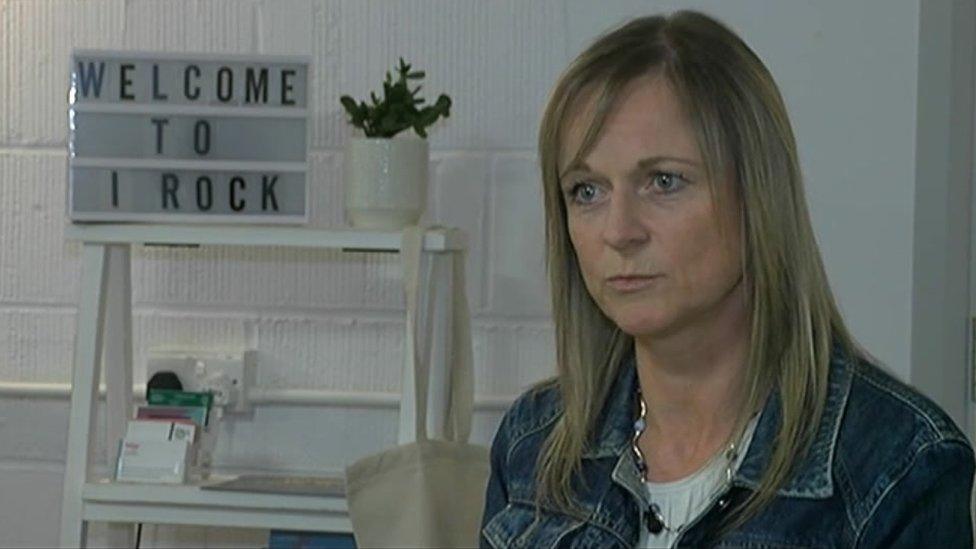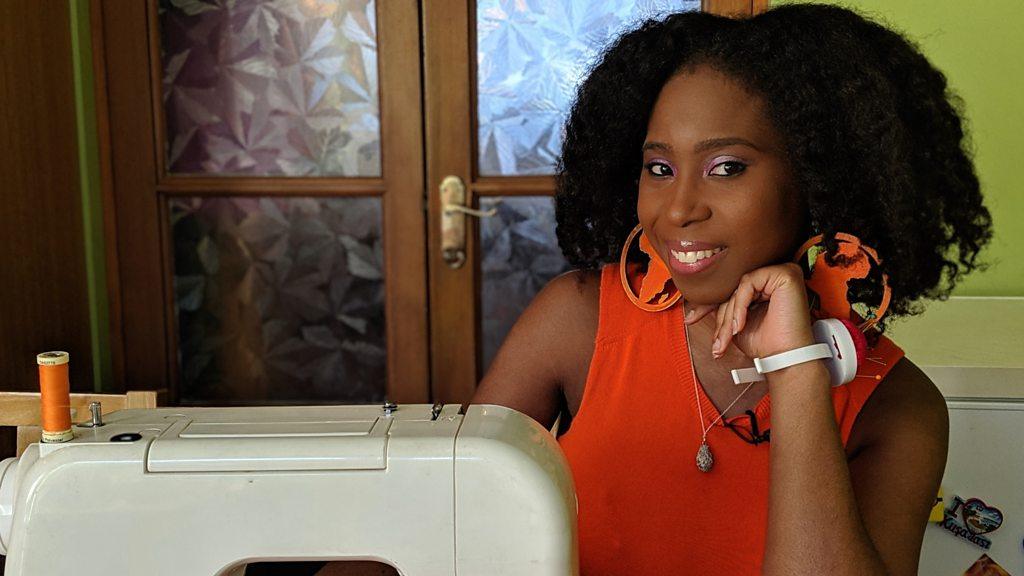Delays to mental health help for Sussex children
- Published

More children are being put on to waiting lists for mental health help
The number of young people with mental health issues being assessed at an NHS trust within a four-week target has dropped by 20% in 18 months.
Sussex Partnership NHS Trust has seen delays to children being diagnosed and to treatment.
Meeting papers, external from the mental health trust show the figures in graphs.
Clinical director Alison Wallis said there had also been a 20% increase in the number of referrals needing treatment in the past three years.
She said she had "absolute sympathy" but the trust "does not have the resources" needed.
Ms Wallis added: "If you're a parent and your child is suffering you want to make sure they get the best [treatment] they possibly can.
"Ideally young people's mental health difficulties would be picked up earlier. Conversations could be had earlier.
"Because the pathway doesn't always work as well as it should sometimes young people's difficulties to get more severe."

Samantha has been fighting for her daughter to receive help
In September 2017 there were 183 assessments made, with 96.7% - 177 - seen within the four weeks.
However, in December 2018, just 166 of 225 assessments (73.7%) were completed within the four-week target.
Phoenix, 13, has struggled with her mental health since she was four.
Her mother Samantha said it had been "a nightmare trying to get Phoenix diagnosed and treated with the local children's mental health service.
A trust spokeswoman said child and adolescent mental health services were "experiencing a significant and sustained increase in demand" like others across the country.
"To support services in getting this right, an independent review of the range of children and young people's emotional and wellbeing services in Sussex is being conducted," she added.

Vicki Ashby said drop-in centre i-Rock was a good interim measure for children
People often have to reach a certain threshold before they can access certain NHS treatment, so the trust runs a drop-in centre called i-Rock, designed for young people to access early support.
It is currently only running is Hastings but had proved popular.
Vicki Ashby, from i-Rock, said: "In that interim period there is a real opportunity that is often missed, where we can offer a briefer intervention, or early support, or engage with the family to [they] can support that young person."
In England, 20% of young people are thought to have an undiagnosed mental health condition.
- Published13 May 2019

- Published13 May 2019

- Published13 May 2019

- Published13 May 2019
